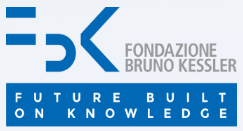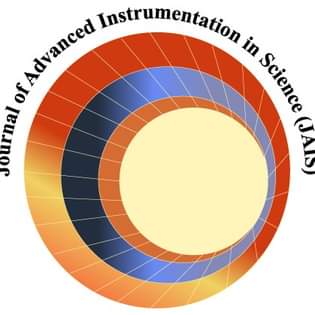









Photodetectors with high quantum efficiency, single photon detection capability, and excellent time resolution have been developed in recent decades. These detectors have a wide range of applications, allowing significant advances in particle physics, astrophysics, and life sciences. Microchannel plate photodetectors (MCP-PMT) have seen significant increases in their lifetime in recent years. Silicon photomultiplier (SiPM) technology is increasingly used for various applications, due to its low cost, compactness, and immunity to the magnetic field. In organic photodetectors, optoelectronics properties can be tuned to optimize photon detection by controlling the molecular structure. Organic-based devices offer several advantages, such as low-cost processes and mechanical flexibility.
Other technologies, such as quantum sensors and ultrafast photodetectors are developing rapidly. These photodetectors and sensors require dedicated development when they need to survive in a high radiation environment.
Everyone involved in photodetecors and sensors development for particle identfication, neutrino physics or dark matter search is invited to submit contributions.
No fee is required. Coffee breaks will be available for free.
The social dinner will be at Luigia Accademy on Nov 22th at 8:30 pm, participation will be on voluntary basis and cost will be borne by participants.